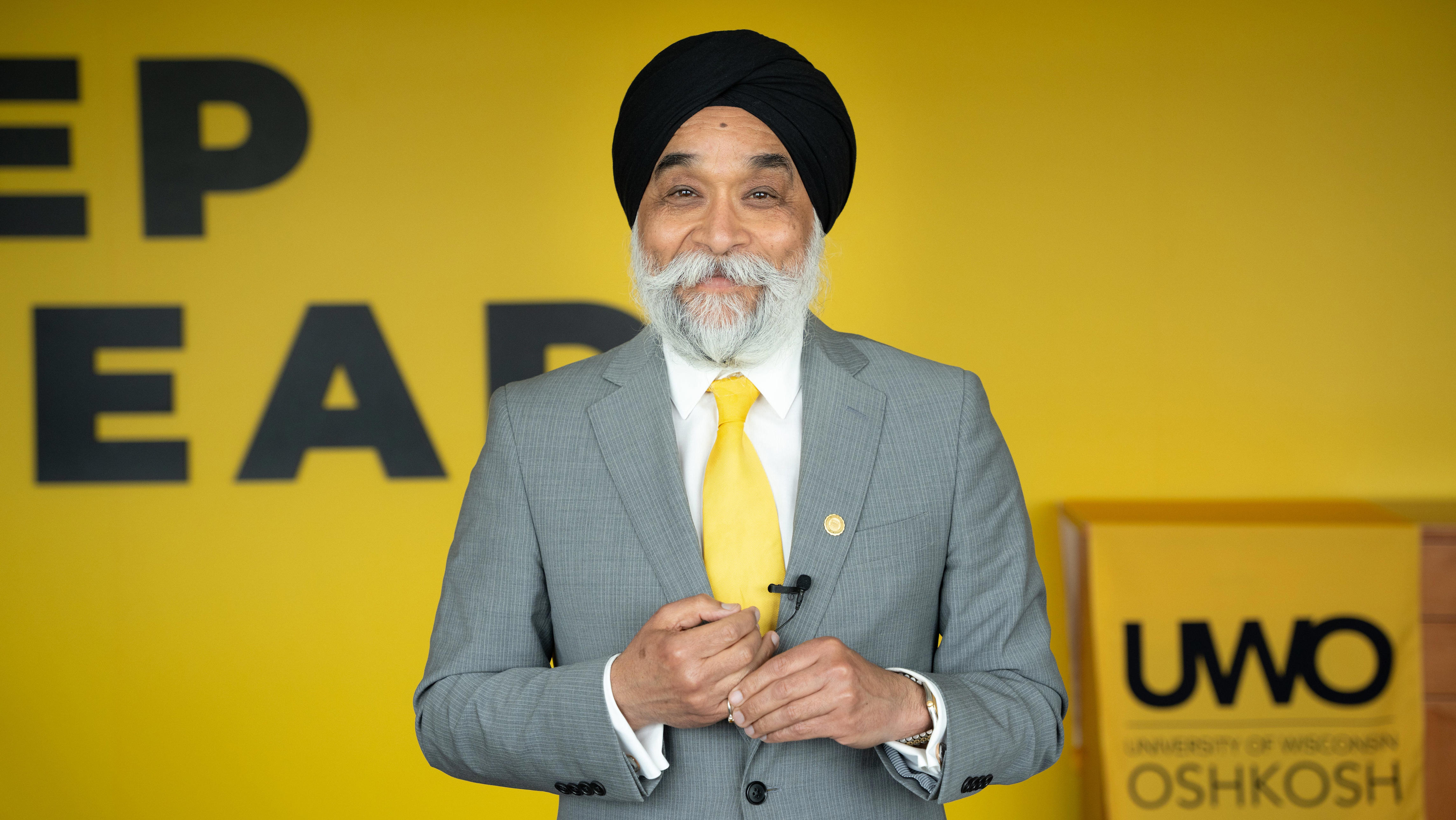
A New Chapter for the University of Wisconsin-Oshkosh
The first 30 days in any new role are always significant, and for Manohar Singh, the newly appointed chancellor of the University of Wisconsin-Oshkosh (UWO), they have been anything but ordinary. Known for his willingness to take on challenges, Singh has quickly immersed himself in the responsibilities of leading a university that is at a pivotal moment in its history.
Singh, who previously served as the interim president of Western Connecticut State University for two years, brings a wealth of academic and professional experience to his new position. He holds a doctorate in finance from Southern Illinois University, a master’s degree in economics from the University of Waterloo in Ontario, Canada, and a degree from Harvard University. His background in education and leadership has prepared him for the complex demands of managing a university system.
A Personal Journey Rooted in Education
Singh's journey to higher education was deeply influenced by his family. As the youngest of seven brothers, he grew up in a household where education was seen as the key to success. His parents, who were refugees from Pakistan and had never attended college themselves, instilled in their children a strong belief in the power of learning. Two of his brothers became Supreme Court Justices in India, while others pursued careers in finance and government service.
This upbringing shaped Singh’s career path, leading him to become a professor before transitioning into administrative roles. He sees his current position as a natural progression, driven by his commitment to higher education and the desire to make a meaningful impact.
A Strong Start with Significant Support
One of the early highlights of Singh’s tenure has been the state budget allocation of $256 million to the Universities of Wisconsin, including $137 million for the renovation of Polk Learning Commons. Singh expressed deep gratitude for the efforts of previous administrations and staff, acknowledging that their work laid the foundation for this investment.
He described the current environment as an exciting opportunity, comparing it to being "a child in a toy store" with so many possibilities ahead. His team is working tirelessly to address multiple challenges simultaneously, and he has observed a growing sense of optimism and pride within the university community.
Choosing UWO: A Call to Action
Despite the challenges UWO faced when Singh took on the role—such as layoffs, academic restructuring, and the closure of the Fox Cities Campus—he saw an opportunity to make a difference. For Singh, education is not just a profession; it is a calling. He believes that every individual deserves access to quality education, regardless of their background or circumstances.
His experience at Western Connecticut State University gave him confidence in his ability to lead UWO through difficult times without resorting to drastic measures. He emphasized the importance of respecting the sacrifices made by the community and ensuring that those efforts do not go in vain.
Vision for the Future
Singh’s vision for UWO is clear: to serve as an anchor institution that meets the evolving needs of the community. He believes that education should be accessible to all, especially first-generation students, who make up 41% of the student body. His focus is on affordability, accessibility, and creating a supportive environment that helps students achieve their goals.
He also recognizes the challenges posed by declining enrollment across the country but remains optimistic. By targeting underrepresented demographics such as international students, midlevel executives, and those with some college experience, UWO can expand its reach and build stronger partnerships with local businesses.
Addressing Diversity and Inclusion
As a minority in a community that lacks diversity, Singh is committed to fostering an inclusive environment. He believes that every student should be treated as an individual, and the university must actively address any instances of prejudice or inequity. This approach emphasizes human connection over broad policy decisions, ensuring that no one is left behind.
Balancing Growth and Stability
While UWO has recently returned to financial stability after a period of restructuring, Singh acknowledges that future changes may be necessary. However, he is determined to avoid unnecessary cuts and instead focus on strategic growth. His experience at Western Connecticut State University showed that it is possible to restructure without reducing staff, and he aims to apply similar principles at UWO.
Navigating Sensitive Issues
Singh also addressed concerns about the university’s response to the Gaza conflict. He emphasized the importance of dialogue and understanding, encouraging students to engage with one another respectfully. The university will continue to promote peace and inclusion, ensuring that all voices are heard and valued.
In his leadership, Singh has demonstrated a deep commitment to education, equity, and community engagement. His presence at UWO marks the beginning of an exciting chapter for the university and its students.